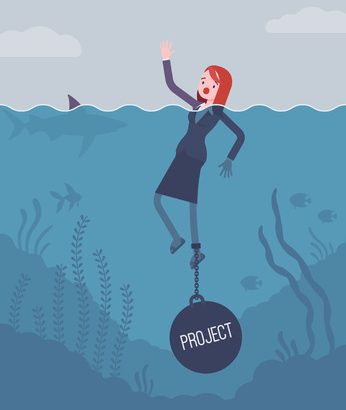Podcast: Play in new window | Download
Subscribe: Spotify | Email | TuneIn | RSS
Meeting a new cohort of graduate students on your first day of class can be intimidating. These are the brightest students from their undergraduate programs. Some of them have years of research experience, first-author publications, and a depth of knowledge that seems encyclopedic.
Feeling intimidated by your new colleagues is normal, but some of the people you meet will suffer a more insidious type of anxiety. Some students actually see themselves as charlatans who are just play-acting at a scientific career. So far, they feel, they’ve successfully bluffed their way through college, entrance exams, and interviews.
But they fear that at any moment, they will be discovered as frauds and rejected from the program.
This daily battle is the emotional reality for people suffering from “Imposter Syndrome.”
Read More



